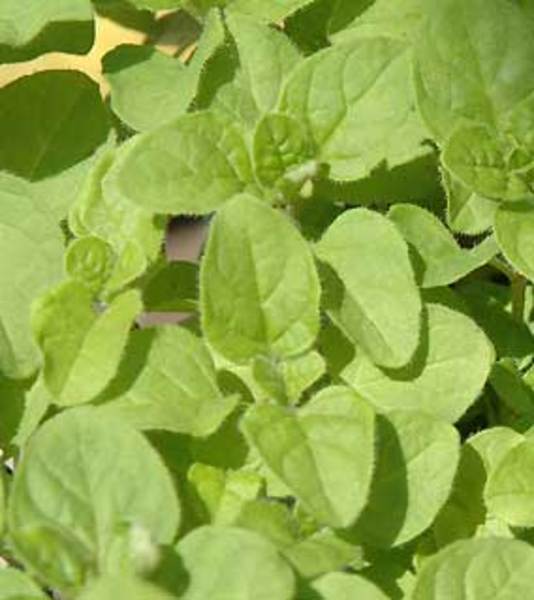How To Keep A Well Stocked Herb Garden

One of the tastiest benefits of organic gardening is the ability to maintain a well-stocked kitchen garden, bursting with seasonal herbs that add zest to your home-cooked meals.

Now that summer has arrived, you have a wide range of organic gardening choices: basil, Italian parsley, oregano, marjoram, thyme, chives, chocolate mint, lemon balm, lemon verbena, lavender, pineapple sage and lemongrass, among many others.
“As most common kitchen-garden herbs can be planted in early summer, the choice of what to plant really depends on the individual gardener,” says Will Frey, gardening manager at Canterbury Shaker Village in Canterbury, New Hampshire. “Basil, dill, parsley, cilantro and oregano are all perfect candidates. Starts (young plants) of each of these herbs can be bought at any garden center or farm store. One needs only to take them home and tuck them into the soil.”
Organic herbs are extremely easy to grow, according to Frey. Just remember several basic organic gardening tenets, he tells OrganicAuthority.com: “Improve soil quality by adding compost. Rotate plantings each year. Give plants a stress-free environment by eliminating weeds and by timely watering. And choose varieties suitable to your location and climate.”

Soil is the key to successful organic gardening, according to Rick Witterman, the herb specialist at Hicks Nurseries in Westbury, New York – Long Island’s oldest family-owned and operated nursery, established by the Hicks family in 1853. The nursery specializes in eco-friendly gardening, promoting safer alternatives to chemical pesticides.
“If you start with a good soil that has been enriched with compost or other organic matter, your plants should do very well and be strong enough to fend off any disease and insects,” he tells OrganicAuthority.com. “And the healthier the plant that you put into the soil, the less time you will have to spend to maintain it. So, start off with healthy soil and healthy plants, and the rest should easily take care of itself, with very little maintenance.”
In lieu of using pesticides or chemicals to zap bugs that want to feast on your organic herbs, Witterman harnesses the power of Mother Nature.
“There are certain herbs and flowers that attract beneficial insects, which will help get rid of the pests,” he says. “I use the herb borage and the flower alyssum, and they do the job. It is not necessary to use any insecticides.”

If you lack backyard space, you can grow organic herbs in container gardens.
“Herbs will do equally well in the ground or in containers,” Frey says. “Space and aesthetics are often the deciding factors. In both cases, it’s helpful to be aware of the size of the herb at maturity before planting.”
As for our experts’ favorite herbs for organic gardening, Frey favors the “stinking rose.”
“Garlic is my favorite herb,” he says. “I love to plant it, grow it, harvest it, braid it, smell it and look at it. I love to eat it. I am of that crowd who claims that all cooking begins and ends with garlic!”
For Witterman, basil bests the rest this summer for its “versatility in cooking, aroma and variety of types, such as Thai, lime, spice, anise and cinnamon,” he says. “I also enjoy the new and unusual herbs, such as hot and spicy oregano, pineapple sage, broadleaf mint and Jerusalem artichoke.
“Keep in mind,” he adds, “that herbs are meant to be used. As you harvest what you need, the plants will become bushier and produce even more.”

